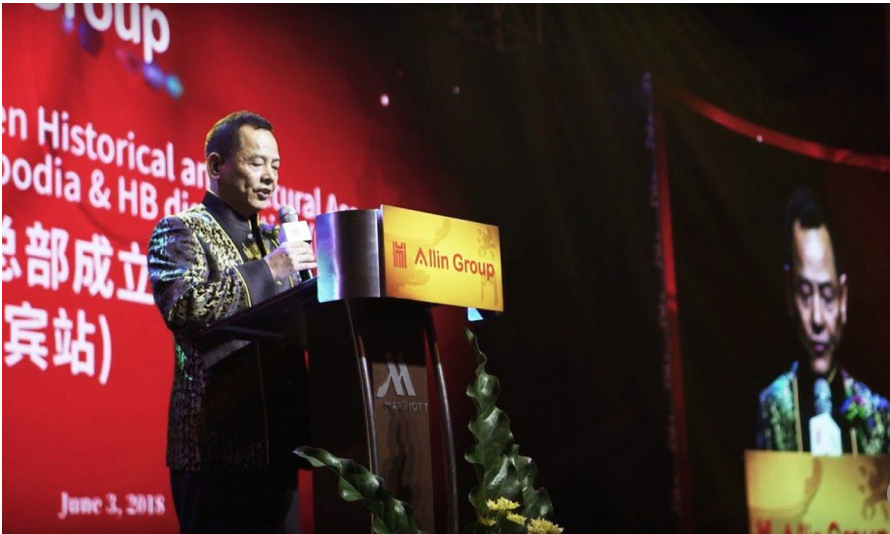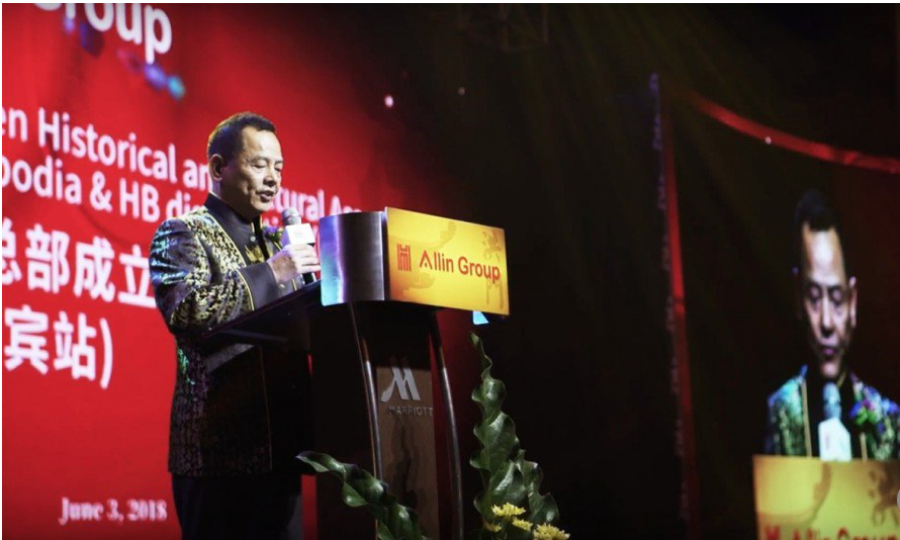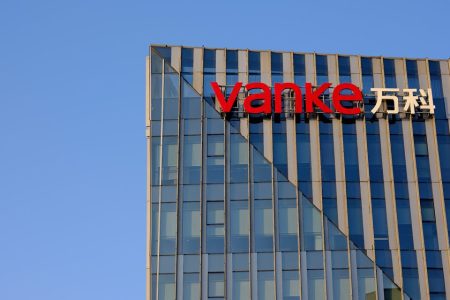Wan Kuok-koi plans to issue one billion tokens of HB cryptocurrency, some of which will be used as prize fund in chess and poker tournament in Hainan according to the Sunday issue of the Hong Kong newspaper South China Morning Post (SCMP).
Wan launched the ICO at a star-studded event in Cambodia, attended by high-ranking government and military officials, businessmen and celebrities from mainland China and Hong Kong.
In total, Wan’s company, World Hung Mun Investment, said it had sold 450 million HB tokens at three events, in Cambodia, Thailand and the Philippines, with a final stop scheduled in Malaysia on Wednesday.
The company’s investment document said it planned to issue a total of one billion tokens, with half of those to be offered to the public.
However, doubts remain over the currency, the provenance of the Chinese company, and the chess and poker tournaments, the first of which was slated to take place in Hainan in October, that Wan would be providing prize money for in the form of HB tokens.
Earlier this month a company called Zhonggongxin Cosmos (Beijing) Internet Technology Limited said it had signed an agreement with Wan’s investment company to work together on a chess and poker game contest in Hainan.
Zhonggongxin Cosmos is a subsidiary of Zhonggongxin Assets Management Limited, which has a variety of business interests including asset management, construction projects in Russia, and hints at being state-owned.
On its website, Zhonggongxin claimed to be reporting directly to an advisory committee under the State-owned Assets Supervision and Administration Commission of the State Council (SASAC) called the Advisory Committee on the Management of Financial and Energy Resources and Capital.
Guo Jia, a member of staff at Zhonggongxin Cosmos, would not tell the Post whether the parent company was state owned.
“You can check the website and other materials online,” he said. “I’m not at liberty to disclose anything else.”
Wan Kuok-koi has partnered with a mysterious Beijing firm to back chess and poker tournaments on the mainland. Photo: Handout
Another Cosmos staff member said Zhonggongxin was partially backed by state-owned capital.
However, the SASAC said it did not have any such advisory committee, although it would not confirm whether Zhonggongxin had state ties.
According to the business registry, Zhonggongxin Assets Management has two individual shareholders Chen Bao and Chen Zhao who are from northeastern China. Zhonggongxin’s contact number is disconnected, and the company did not respond to requests for an interview via email.
The Zhonggongxin Cosmos website outlines the company’s main business as running chess and poker games online, with exclusive government authorisation to host two sorts of poker games. It also has bricks and mortar games halls, and plans to expand from the “seven or eight it has so far to 10,000 in the following three to five years”.
Guo said October’s tournament may start with qualifying matches and run for the whole year, with a total prize of more than 10 million yuan (HK$11.7 million) which will be provided by the company, World Hung Mun, and other partners.
Broken Tooth to use blockchain and overseas Chinese links in Cambodia venture
“We may pay the prize in half cash, half HB,” he said, adding “the big bosses from both sides” would release details later.
Guo said there was no law against using cryptocurrency as prize in China, and the company would host the competition according to the law.
However, a lottery industry veteran said using cryptocurrencies as payment in chess and poker games in China was an unregulated grey area.
“When chess and poker games are paid with tokens such as cryptocurrencies that can be converted to fiat currencies, it becomes a disguised form of gambling in China,” Su Guojing, founder of the China Lottery Industry Salon, said. “There’s a legal loophole on this issue.”
For Li Yongfeng, founder of Shubei, a social network and information portal for investors in cryptocurrencies, there were concerns surrounding the technology Wan’s company was using to support HB.
China to stamp out cryptocurrency trading completely with ban on foreign platforms
He said there was only a vague reference to HB’s technology in its investment document, and no source code was disclosed, which made it impossible for people to track and verify the currency.
“People would not be able to know how many tokens are issued without details of its technology, ” Li said.
While established exchanges – such as Hong Kong-based BTCC Exchange, which was founded in 2011 and is among the largest platforms for buying and selling Bitcoins – work within a global framework, HB is traded on an exchange called a.top.
According to the SCMP the exchange was launched by a Hong Kong company called All In Group Limited, which is headquartered on the 16th floor of a building at 8 Luard Road in Wan Chai, and is listed as an electronics store on Google.
Registered in April this year, the group’s sole shareholder is a Beijing company called 3658 Investment and Management Limited and the company is also a business partner of Zhonggongxin Cosmos.
Contacted for comment by the Post, staff directed questions to Wan’s company, because the majority of the team connected to the exchange project was with Hung Mun for the ICO in Malaysia.
“Normally, if a cryptocurrency is traded in top exchanges, the possibility of price manipulation is less likely,” Li said. “When it can reflect the actual market price, it will be more likely to be accepted by investors.”
(PHOTO BY SCMP)






